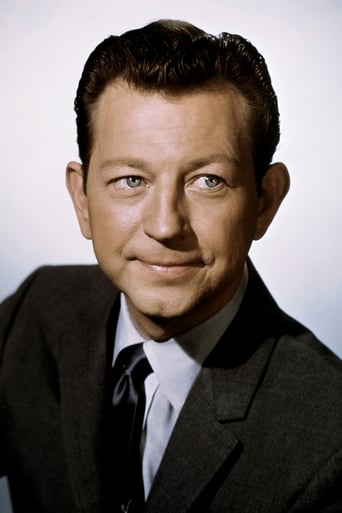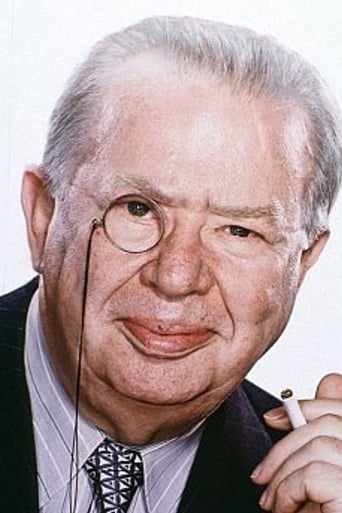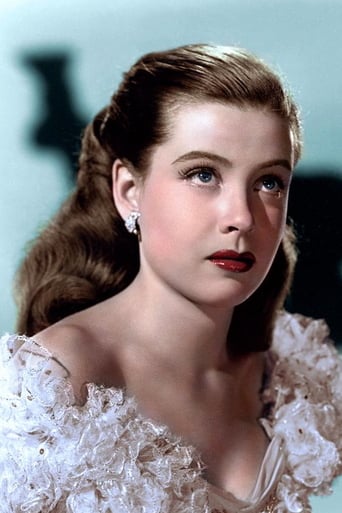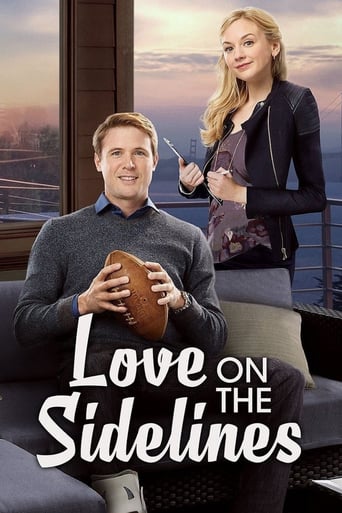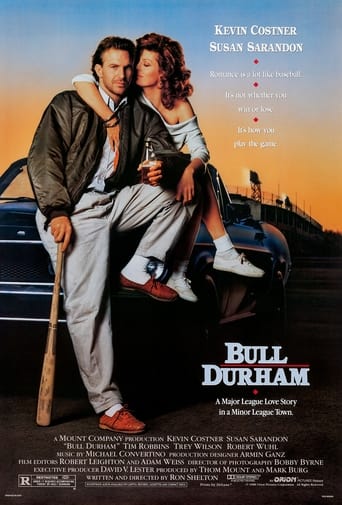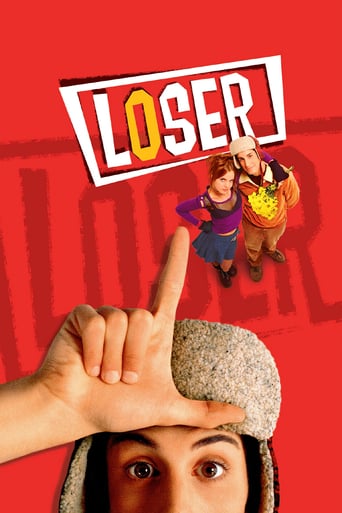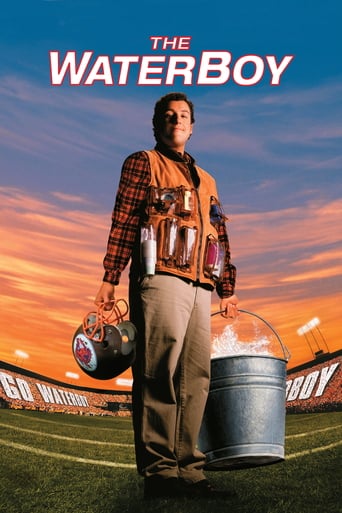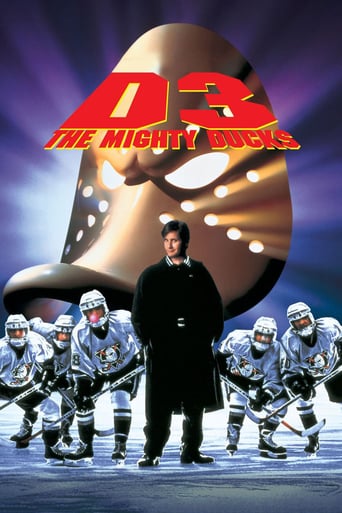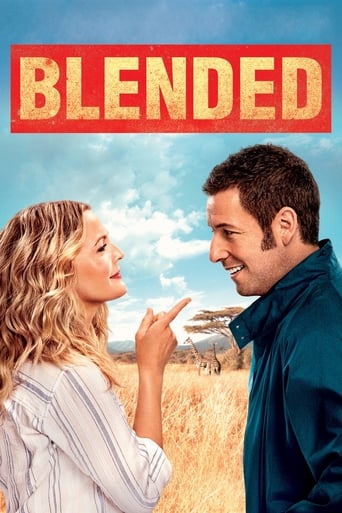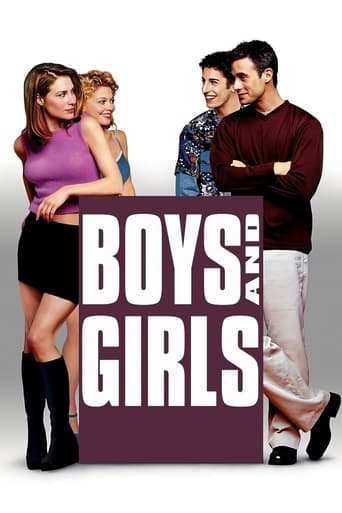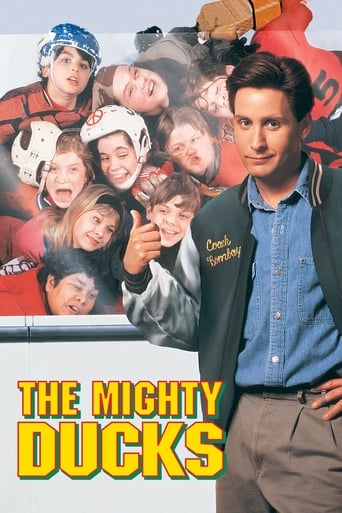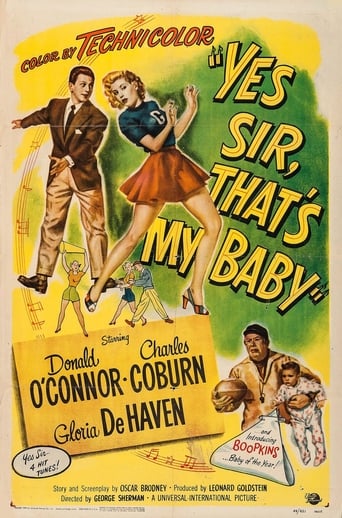
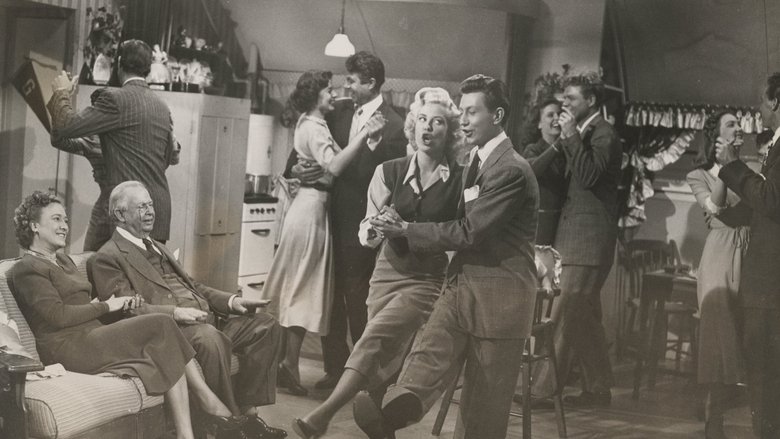
Yes Sir, That's My Baby (1949)
At a college, a group of ex-GIs clash with their wives about over playing football.
Watch Trailer
Cast


Similar titles
Reviews
Clever, believable, and super fun to watch. It totally has replay value.
This movie was so-so. It had it's moments, but wasn't the greatest.
It's a good bad... and worth a popcorn matinée. While it's easy to lament what could have been...
This is a coming of age storyline that you've seen in one form or another for decades. It takes a truly unique voice to make yet another one worth watching.
The idea for this plot was a good one for the post World War II years. Unfortunately, this film is just too hokey. The script is poor and disjointed, with little imagination for attempts at humor. Consequently, there isn't very much. Just a couple of songs make it a musical, but they are soon forgotten. Donald O'Connor does one dance number. The film has a sense of cavalier about its presentation of former servicemen going to college on the GI-bill. It was a tougher time for those vets who still had to work to put food on the table. Another movie, made a year earlier, captured the spirit of the times and situation quite well, using humor and drama. William Holden, Jean Crain and Edmund Gwenn starred in "Apartment for Peggy." The acting just isn't that good here, and despite a good cast, the film is flat and not very interesting. For one thing, the plot tries to cram too much into the story. A battle of the sexes theme intermingles with couples with babies, the guys in college on the GI Bill, the men having been football players, and a coach and teacher antagonists. I don't know how it fared as the movies, but I suspect that "Yes Sir, That's My Baby" wasn't a big hit in its day. About the only thing that seemed authentic in the plot was the Quonset hut housing. The only line I could see that might have elicited laughter in its time was one from O'Connor's Bill Winfield. He says, "Too bad a fireplace doesn't go with this early Quonset." Five stars is a generous rating for this film. I give the film that for the courage of the cast in taking on such a dull, hokey screenplay.
Right now, you can watch this on YouTube. While I'm usually an avid fan of Charles Coburn (The More the Merrier, Gentlemen Prefer Blondes), his appearance here could have been replaced by an entirely different type without any loss. About 34 minutes in, O'Connor does a very good dance, showcasing his grace and athleticism, and making interesting use of his non-dancing male extras.I'd probably buy this title just for those 4-5 minutes. Universal needs to publish O'Connor's movies on DVD, or at least create a compilation of his musical numbers.
Sweet to the point of risking a cavity, this well-meaning family musical surrounds several war veterans in college on the G.I. bill who engage in the battle of the sexes with their wives over household chores, taking care of the baby and being part of the football team. Donald O'Connor and Gloria DeHaven play the lead couple, parents of a sweet little tot nicknamed Boobikins. If you can stomach the rest of the football player dads with similarly nicknamed tots, a few rather overly "cute" songs and a genuine battle of the sexes lead by science professor/football coach Charles Coburn and his rival, professor Barbara Brown, you'll find this harmless fun. It just gets to be a bit too much, and it is difficult to see things from the female perspective when it all seems to be their way or no way. O'Connor gets a few athletic dances and is quite remarkable in them, but is defeated by a script that seems to have been written by a novice who wanted to write something "meaningful" but ended up with something cloying and sometimes cringe-worthy.
It was 1949, and with the post-war baby boom underway, babies occasionally were the focus of the melodrama in musical comedies. This Universal low budget Technicolor film is a prime example. Fox's "My Blue Heaven", starring Betty Grable and Dan Dailey, released the following year, was another. The story is pretty goofy and predictable, and sometimes slow paced, with a couple of songs by stars Donald O'Connor or Gloria DeHaven, and one memorable song and dance by Don. In part, it's one of those sports films where the sport hero(Don in this case) is prevented from playing most of a key game, and is finally released onto the field to engineer a 'miracle' comeback win. Quite predictable. However, this segment is interrupted by a hilarious baby problem on the sidelines, that almost snuffs the comeback win. In part, this is a 'battle of the sexes' drama/comedy film, focusing on the conflict between the desire of college student fathers to play on the football team vs. their responsibilities in providing for their family and helping care for their baby. Hence, two of the featured songs are titled "They've Never Figured Out a Woman"(O'Connor), and "Men are Little Children"(Gloria). This last ditty was inspired by Don's insistence that the school football team needs him, and by his clumsiness and lack of enthusiasm regarding domestic and baby care activities. The title song, done as a group sing along in the finale, is the only non-original tune, having been a standard since the 'roaring' '20s, with Eddie Cantor most identified with it. Of course, the 'baby' in the minds of the composers was no infant! Walter Scharf and Jack Brooks composed the other songs.Director George Sherman had specialized in low budget B films, mostly westerns, for several studios. Glossy musicals weren't exactly Universal's forte!Don does one impressive elaborate solo tapdance routine, in a Laundromat setting, which looks like a warm up for his future roles in bigger budget films at MGM and Fox, including "Singing in the Rain", "I Love Melvin", "Call Me Madam", and "There's No Business Like Show Business". Like contemporaries Judy Garland and Martha Raye, for example, Don was born into a vaudeville family and began performing on stage at an early age. Paramount used him as a child actor.Universal then signed him for a series of low budget teen-oriented musical comedies, mostly costaring Peggy Ryan as a dancer and Gloria Jean as songstress.He remained with Universal, mostly doing straight comedies, with the occasional musical comedy. His 'Frances the talking mule' series were popular and profitable, if a waste of his musical talent, which later was mostly utilized by other studios.Gloria DeHaven, the same age as Don, was also the offspring of a theatrical family, and was signed at an early age by MGM, where she mostly was relegated to second tier musicals and other films. In the mid '40s, she had 2 children and did little film work. Now, she was returning to the occasional role in musicals, but wold not go on to become a big star. She had a good singing voice(I occasionally play one of her CDs) and passable dancing and acting talent.Gruff Charles Colburn plays the combo football coach and biology teacher at this small college. His feud with one time romantic partner Professor Sophia Boland(Barbara Brown) provides additional fuel for the 'battle of the sexes' theme. Don's 'Mr. Fix-it' attempt to get these two old confirmed singles back together predictably ends in disaster. Anyone who has seen a good sampling of late '30s through '50s films will instantly recognize the charismatic Coburn, who usually played some sort of fatherly authority figure.You can currently see this film in its entirety on You Tube.


